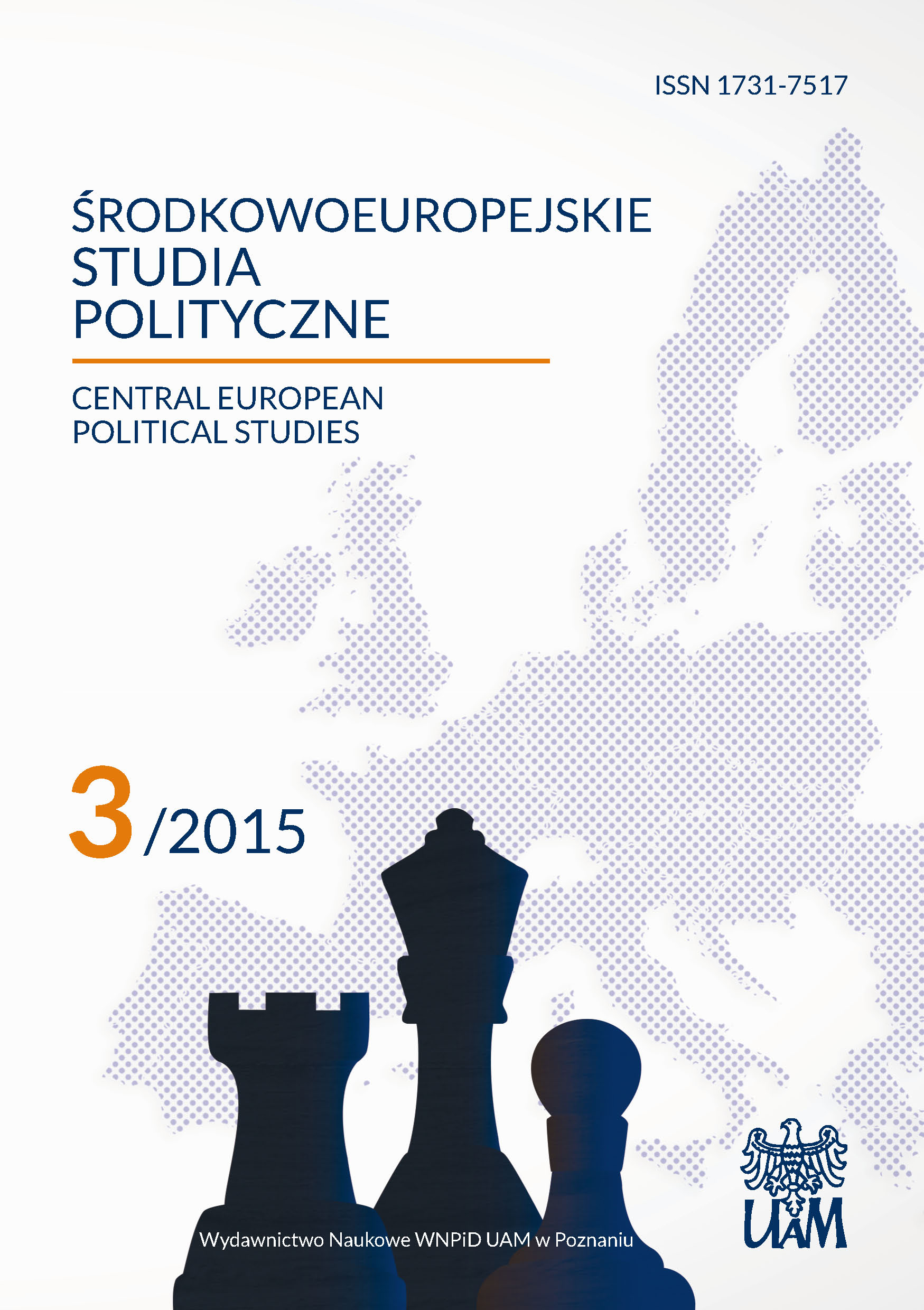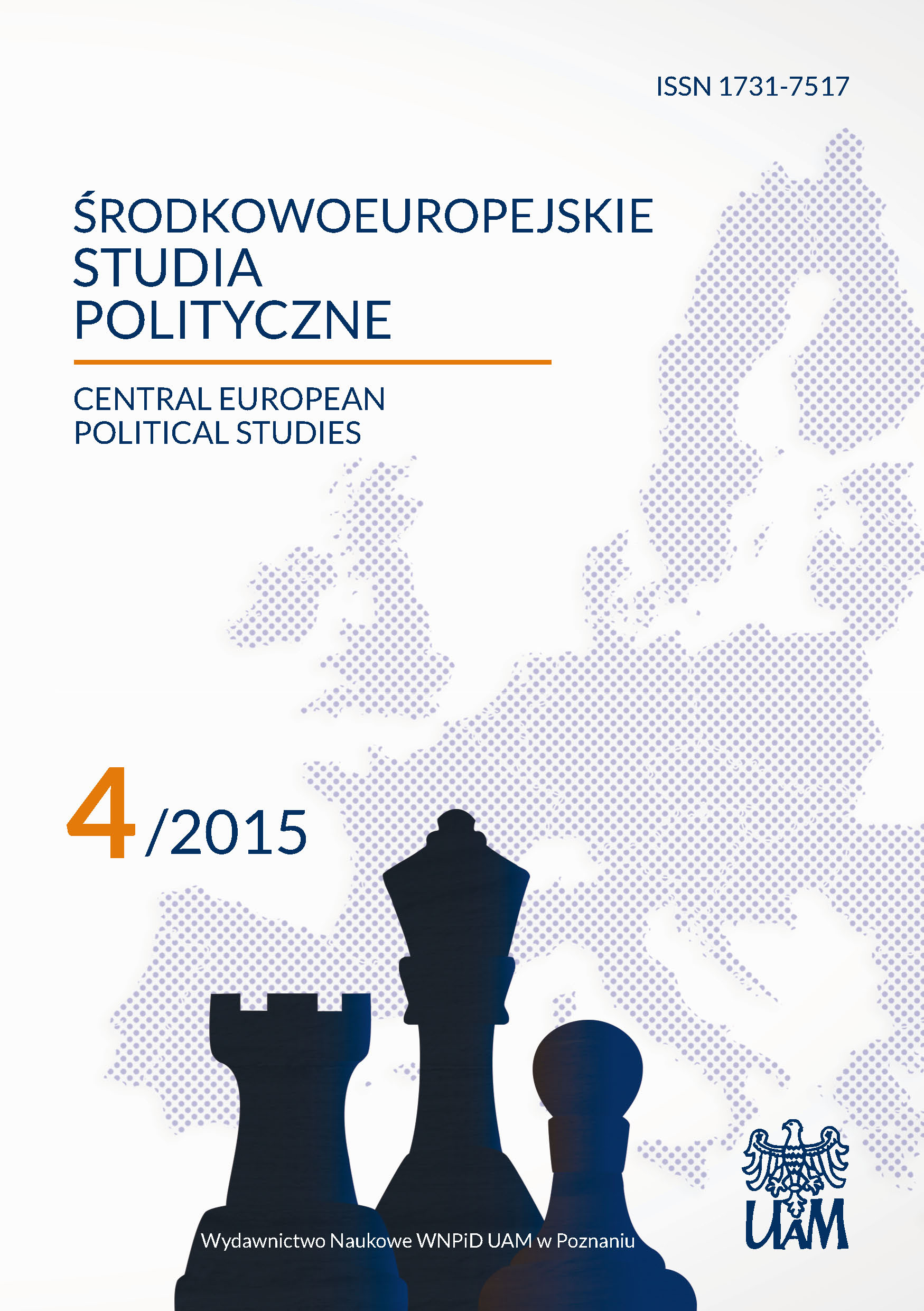
Ukraina jako przedmiot rywalizacji między Zachodem a Rosją
The author has adopted the assumptions based on the theory of political realism. This allowed him to analyse the Ukraine crisis as powers rivalry on Ukraine. In this competition, on the one hand, attending West, the United States and the European Union and Russia, on the other hand. The paper presents reasons of both sides, taking into account within the position of the West the motives of Poland’s involvement. To make the analysis objective it shows the position of a third party, i.e. Asian powers India and China, and independent experts from Western countries. Then the paper points the Ukraine crisis consequences for international security in Europe. In the last part attempts to show the chances of reaching an agreement between the West and Russia to solve the Ukraine crisis. It states that it is necessary and possible, but subject to the abandonment by the parties involved „absolute satisfaction” and decide on a compromise solution.
More...
